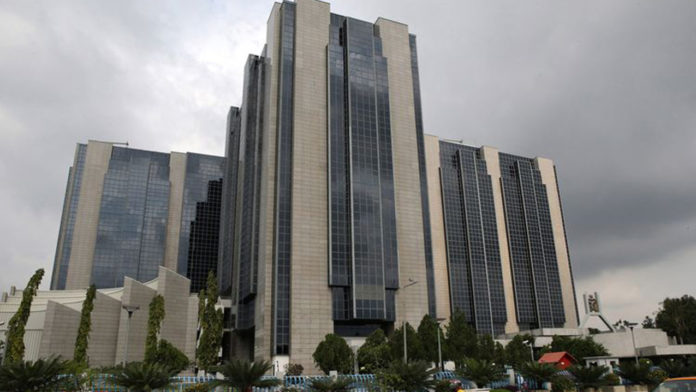Jigawa State Government and Central Bank of Nigeria (CBN) on Friday announced a financial inclusion partnership scheme to encourage and promote economic independence for people of the state, especially the poor.
The Secretary to the State Government (SSG), Alhaji Adamu Fanini, made this known in a statement on Friday in Dutse.
The statement, signed by the SSG’s Spokesperson, Alhaji Isma’il Ibrahim, noted that the CBN Jigawa branch had inaugurated a 14-member Financial Inclusion Steering Committee to drive the process in the state.
The SSG appreciated the apex bank’s laudable initiative aimed at reducing national adult financial exclusion rate in Nigeria to 20 per cent by the year 2020.
He stated that “the Jigawa Government appreciates CBN for recognising the importance of the state government in addressing this critical issue of financial inclusion that has now taken frontal position in global development agenda
“One of the ways to assist the masses to attain economic independence, especially those at the bottom of the pyramid, is to provide them adequate access to financial services in a convenient and affordable manner.”
Fanini commended the creation of common platform christened “Financial Inclusion State Steering Committee”, saying it would enable identified stakeholders to contribute toward addressing issues that surrounded the implementation of the inclusion strategy and achieve enhanced access of all state residents.
The SSG disclosed that for the 2018 operating year, “it is expected that the state should include new savings customers and credit customers, and this will form the focus of the government’s struggle in the next months.”
He explained that among the terms and reference of the committee were: to identify the gap in achieving the implementation of the strategy’s outreach, undertake an assessment of the particular financial inclusion challenges in the state.
The committee also had the mandate to provide workable financial services expansion solutions and document same for implementation by stakeholders like bank insurance companies, capital market providers and develop business cases.
“Others are highlighting profitability of expanding access to excluded populations and increasing outreach by bank branches, Microfinance Bank Branches, ATMs and Mobile Money Agents.
“Draft a work plan, provide a roadmap for financial services providers to expand and innovate financial access points for the unbanked and under-served, and recommend monitoring and evaluation procedure for the industry’s progress toward meeting the outreach working group targets outlined in the strategy, among others.”
The CBN Branch Controller in the state, Alhaji Tijjani Ibrahim, said that the Nigerian National Financial Inclusion Strategy was launched in 2012, saying that the overall target was to reduce the percentage of adult Nigerians excluded from financial services from 46.3 per cent in 2010 to 20 per cent in 2020.
Ibrahim revealed that the broader aim of the target was to have 80 per cent or more adults access financial services with at least 70 per cent of that number in the formal sector.
He stated that the cross-cutting and diverse nature of the targeted services required collaborative efforts by stakeholders in the financial sector, especially at the grassroots.
“In particular, financial service providers at the state level are pertinent to achieving at least 80 per cent inclusion of adult population by the year 2020,” he said.
Ibrahim called on the committee to come up with action plans that would accelerate financial inclusion drive at the local level, including cities, towns and villages.
Responding on behalf of the committee, the Secretary and CBN’s Head of Development Finance Department, Alhaji Babangida Jimo, thanked the bank’s management for finding them worthy to serve as members and assured that they would justify the confidence reposed in them.
Other members of the committee include CBN Branch Controller, Alhaji Tijjani Ibrahim, as Chairman, representatives from Office of the SSG; State Bureau/Office of Statistics; State Ministries of Finance, Commerce, Education and Women Affairs.
Representatives of Deposit Money Banks; Bankers’ Committee; Microfinance Banks; National Associations of Microfinance Banks; Non-Bank and other Financial Institutions’ Associations complete the list.













